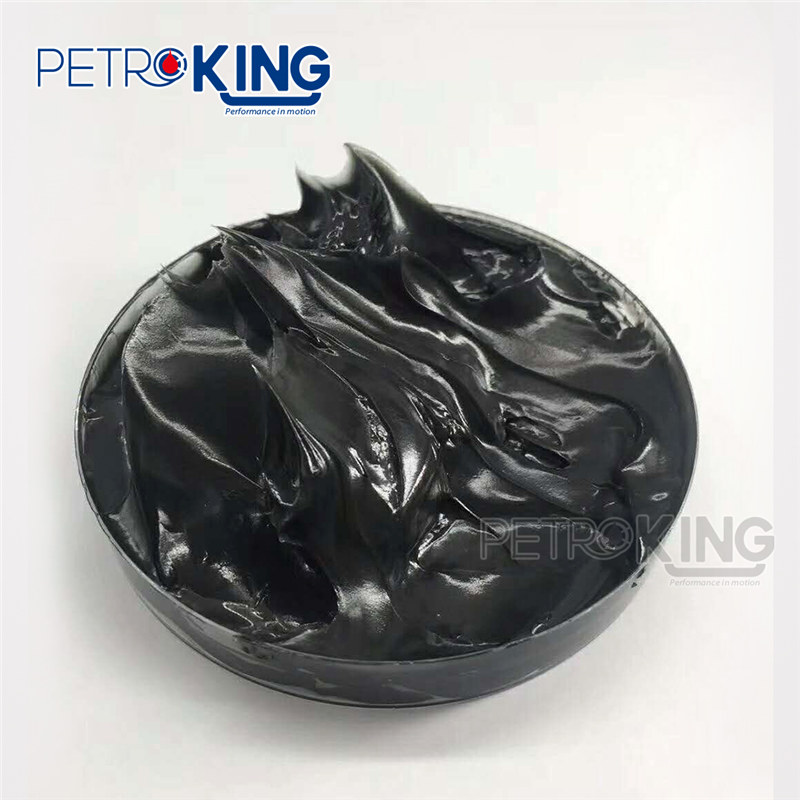Diesel and gas engines are very different, with diesel engines being much more durable and fuel efficient than gas engines. However, both engines need engine oil to lubricate moving parts and keep their health in check. These facts lead to a few common questions. What are the differences between diesel and gas engine oil? Can you use one instead of the other?
The engine in your vehicle has lots of moving parts made of metal that experience high heat, pressure, friction, and other stressors that can affect its health. Engine oils are a type of lubricant with either a mineral oil or synthetic base that keep the moving parts of your engine from grinding together while flowing through the entirety of the machine. Besides this oil base are chemical additives that help disperse heat and protect the engine from gunk buildup and corrosion. They help extend the lifespan of your engine. Without lubricants, engine parts would grind together and break down, resulting in a vehicle that can’t start, let alone run. Tractor Hydraulic Oil

The main differences between diesel and gas engine oils are viscosity and the level of chemical additives in their formulation. In simple terms, viscosity refers to how thick or thin a liquid is and how well it flows due to environmental forces, such as gravity. Why is this important? Lots of issues can occur if diesel engine oil is too thick or thin. The same is true for gas engine oil. The main problem is that the oil can’t flow through and protect the engine. In particular, diesel engines face more mechanical stressors and need to perform to a higher standard. Therefore, there’s also a greater level of performance additives in diesel engine oil.
The answer to this question isn’t as easy as a simple yes or no, as it really depends on your vehicle’s OEM specifications. Whether you have a gas or diesel engine, your engine oil needs to meet the specific viscosity and additive requirements that the manufacturer recommends. To answer this question, you can use diesel engine oil in a gas engine and vice versa, as long as the performance levels meet the needs of your engine. However, if the engine oil doesn’t meet these requirements, at best, you’ll need to change your engine oil more often. At worst, your engine may not run.

Excavator Grease If you’re unsure whether your engine oil’s specifications meet the OEM’s performance requirements, you can always check your vehicle’s handbook or speak to your local mechanic.